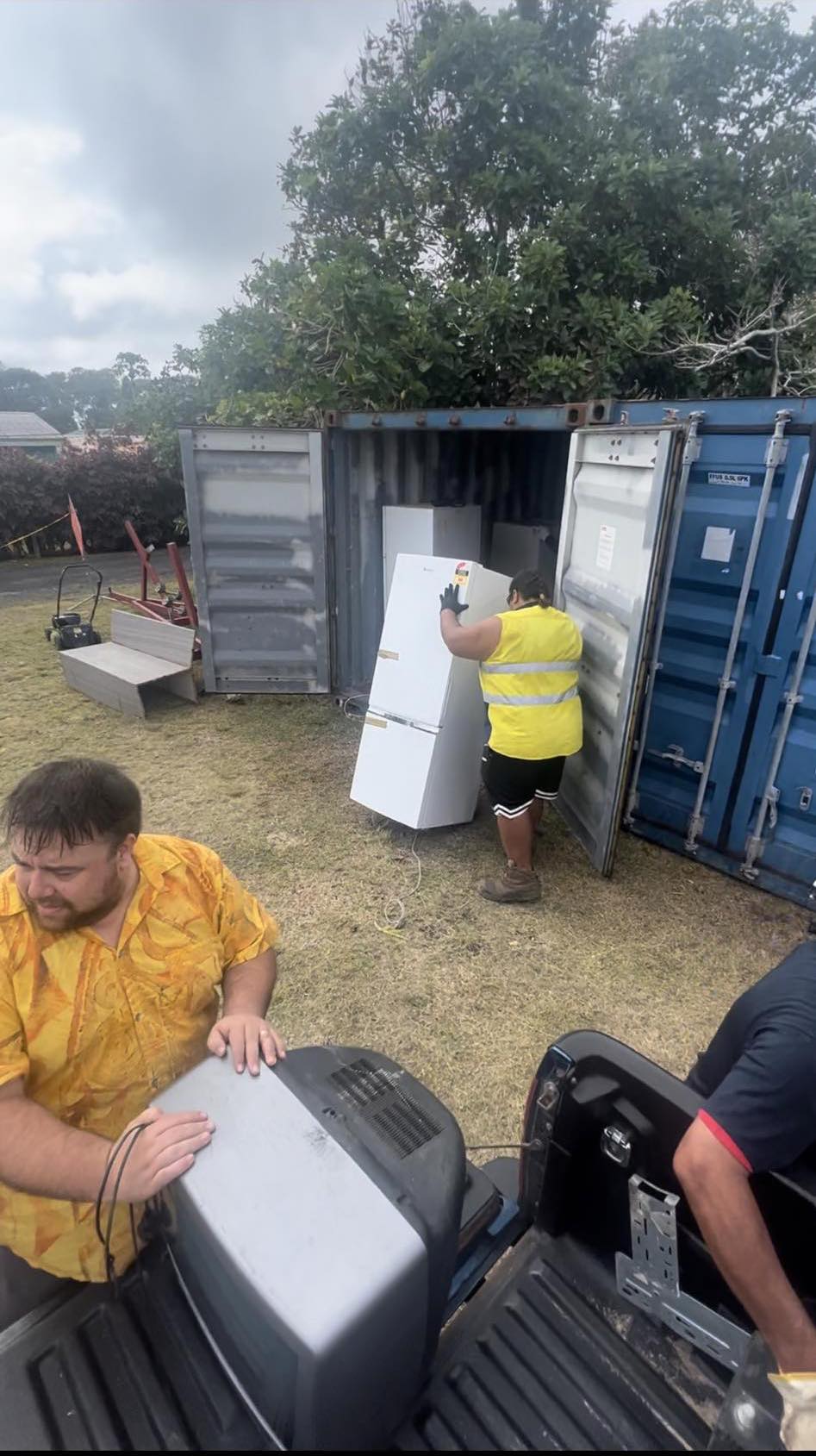
Titā ki te Titā kore collects 90,000 kgs of waste to be shipped off island
The National Environment Service (NES), in collaboration with the Cook Islands General Transport (CIGT), continues to deliver the Titā ki te Titā kore Project as
The Rarotonga Environment Act 1994/95 was repealed by the Environment Act 2003 formalising the establishment of the NES.
The role of the National Environment Services is based on 5 main areas and has four main departments.
There is a suite of policies, strategies and plans developed over the years to enable environmental protection, conservation and management.
Our cultural identify is deeply rooted in our environment and it is part of our heritage and legacy.
An Environment Consent is a permission granted to an applicant undertaking an activity that has some but not significant environment impact.
A permission required for the construction of a standard residential dwelling or non-construction purposes such as land clearance.
A management tool used to identify the environmental, social and economic impacts of a project prior to decision making.
Any person planning to take any wild animal or plant overseas must apply for a permit for trade movement of endangered species (CITES).
All importers of bulk HFC goods must register as an approved importer with NES.
Other permits issued by NES relates to the transboundary movement of waste, ozone depletion substances and wildlife.
Biodiversity plans are important documents to manage and determine the state of our natural environment.
Protecting species, habitats, ecosystem, and protecting biological diversity.
Activities to protect, maintain, or restore the quality of environmental media.
Historical milestone for conservation in the Cook Islands
The Environment Act 2003 is the primary legislation applied throughout the Cook Islands and the Outer Islands (Pa Enua) of Aitutaki, Atiu, Mauke and Mitiaro.
Several subsidiary legislations made under the Environment Act 2003 to apply provisions of the Act and to also include the Pa Enua.
Numerous national legislations interlinked with the environment but administered by other government entities.

The National Environment Service (NES), in collaboration with the Cook Islands General Transport (CIGT), continues to deliver the Titā ki te Titā kore Project as
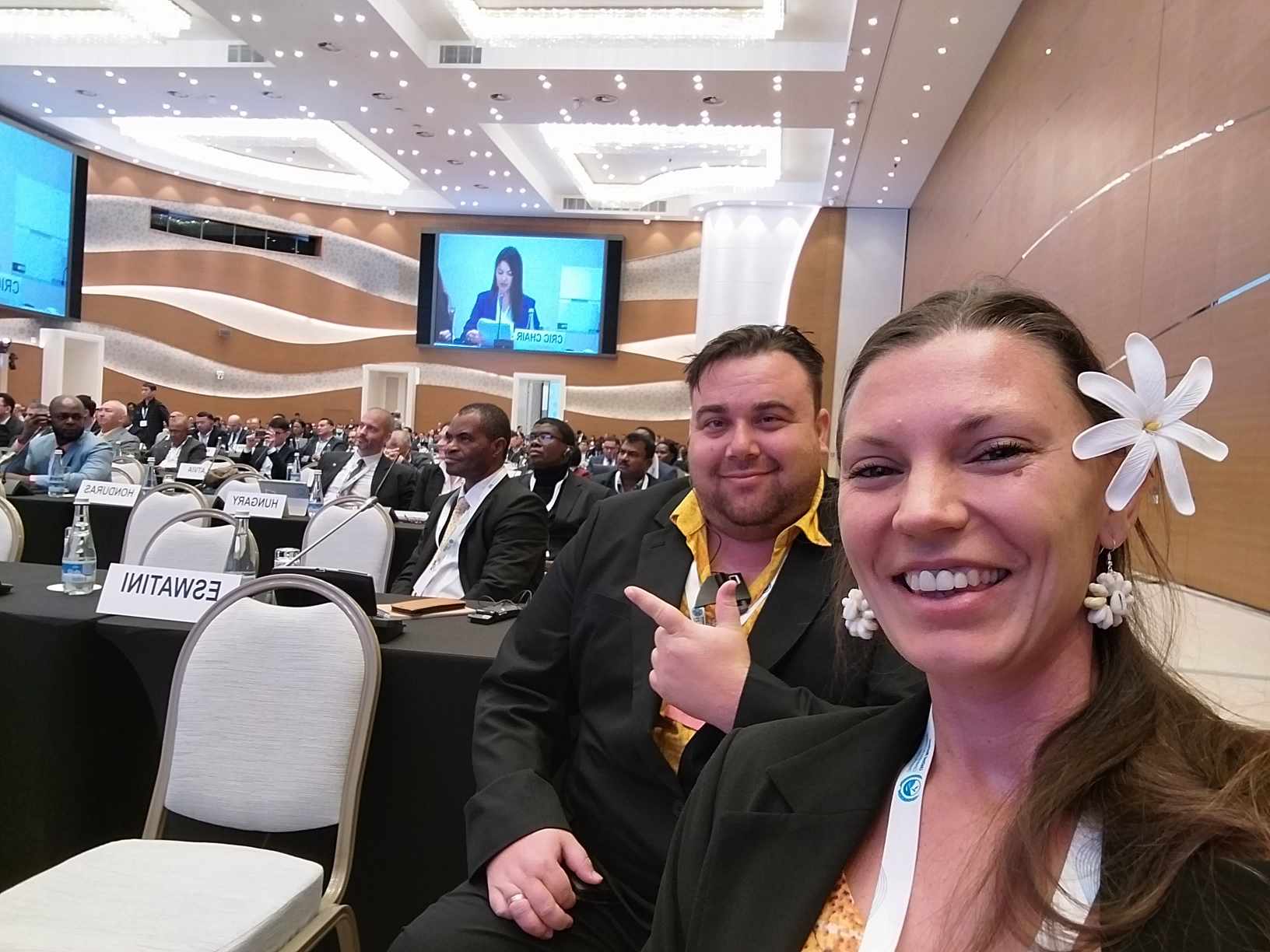
The threats, impacts and vulnerabilities to drought were particularly emphasized by the team and from other Pacific Islands, as the threat of this is expected
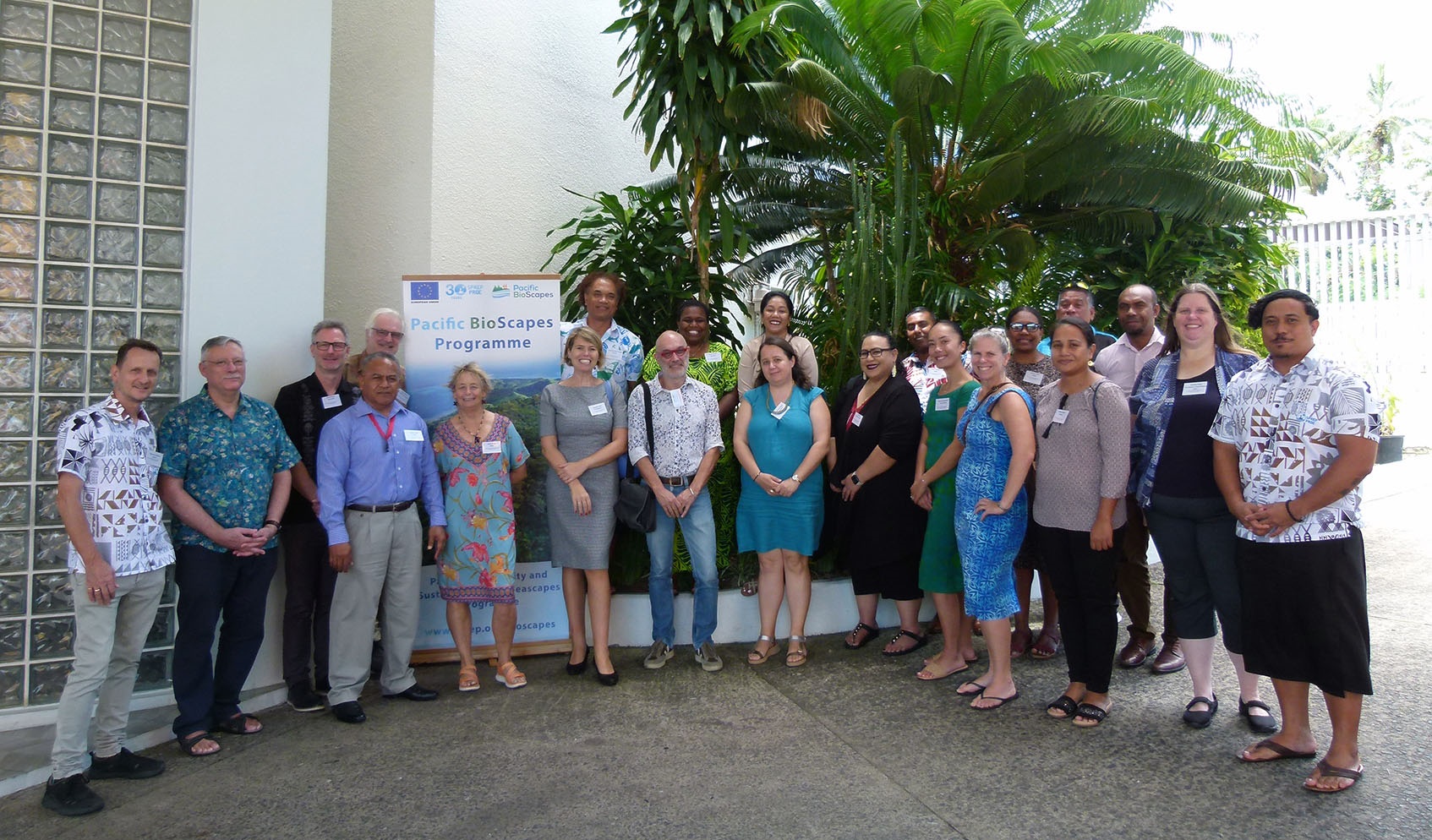
The Pacific BioScapes programme aims to support and assist with better managing our coastal and marine resources and adapting to climate change through conservation of

The workshop placed some specific emphasis on evidence, based policy formulation and offered guidance and opportunities to discuss on some key themes, including youth, labour,
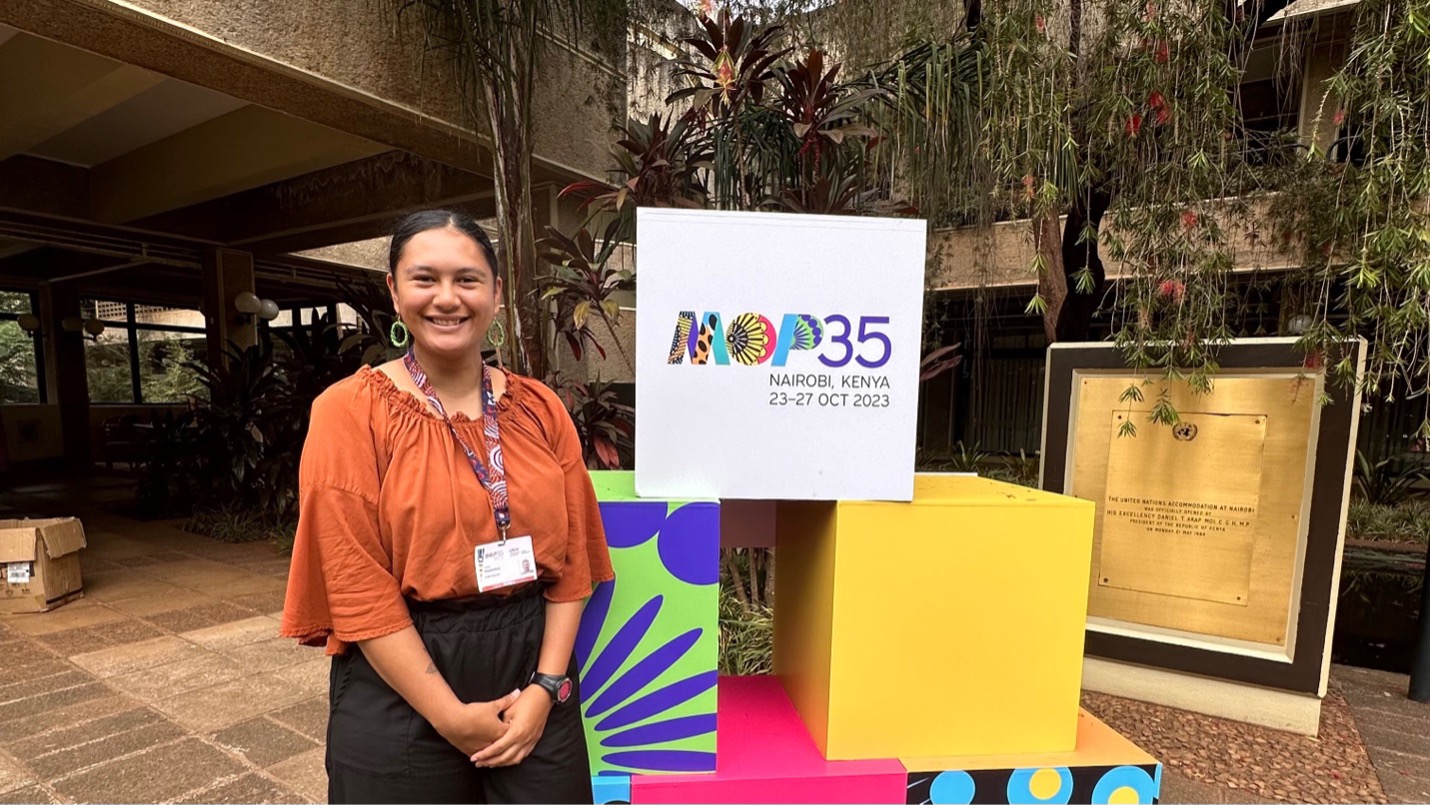
National Environment Service staff, Siana Whatarau, attended the 35th Meeting of the Parties for the Montreal Protocol on Ozone Depleting Substances in Nairobi, Kenya on

The workshop looked at reasons for modifying and updating EBSA such as new updated scientific, and traditional data and information, change in the ecological and

NES discussions with SPREP have been pivotal in aligning environment efforts with strategic goals. The National Environment Policy 2022-2032 served as a guiding document for

NES Senior Environmental Compliance Officers Benjamin Maxwell and Matthew Rima recently attended the Environment Institute of Australia and New Zealand (EIANZ) 2023 Annual Conference, “Leading
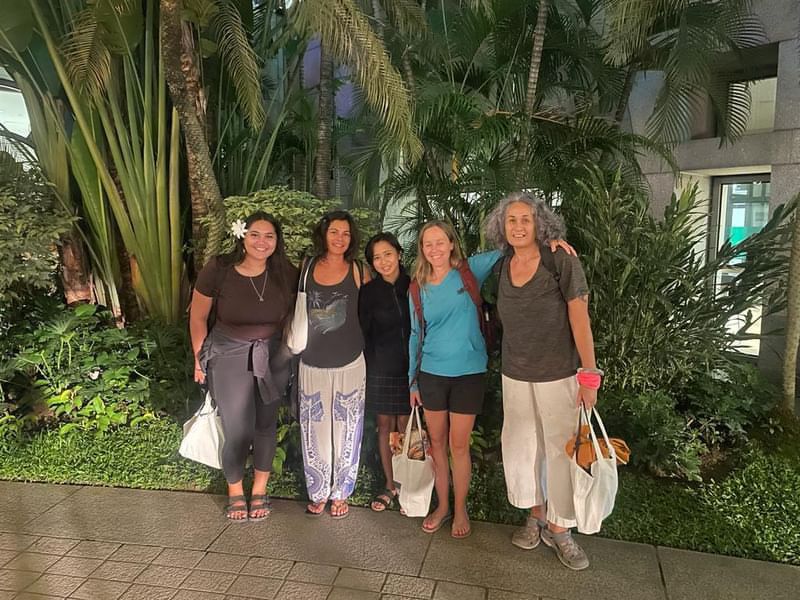
The forum was focused on Mainstreaming Natural Capital Assessments to Address the Climate-Food-Nature-Nexus. The key topics of discussion included the lack of accounting that values
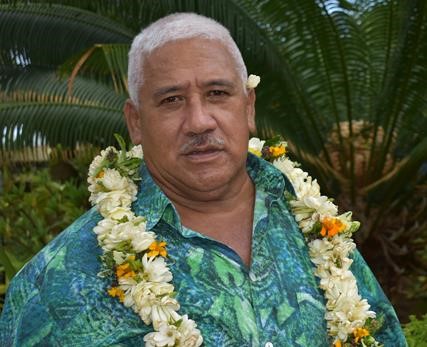
After 34 years of serving the people of the Cook Islands diligently, Aitutaki NES Officer Avele Simona has called time out on a distinguished career